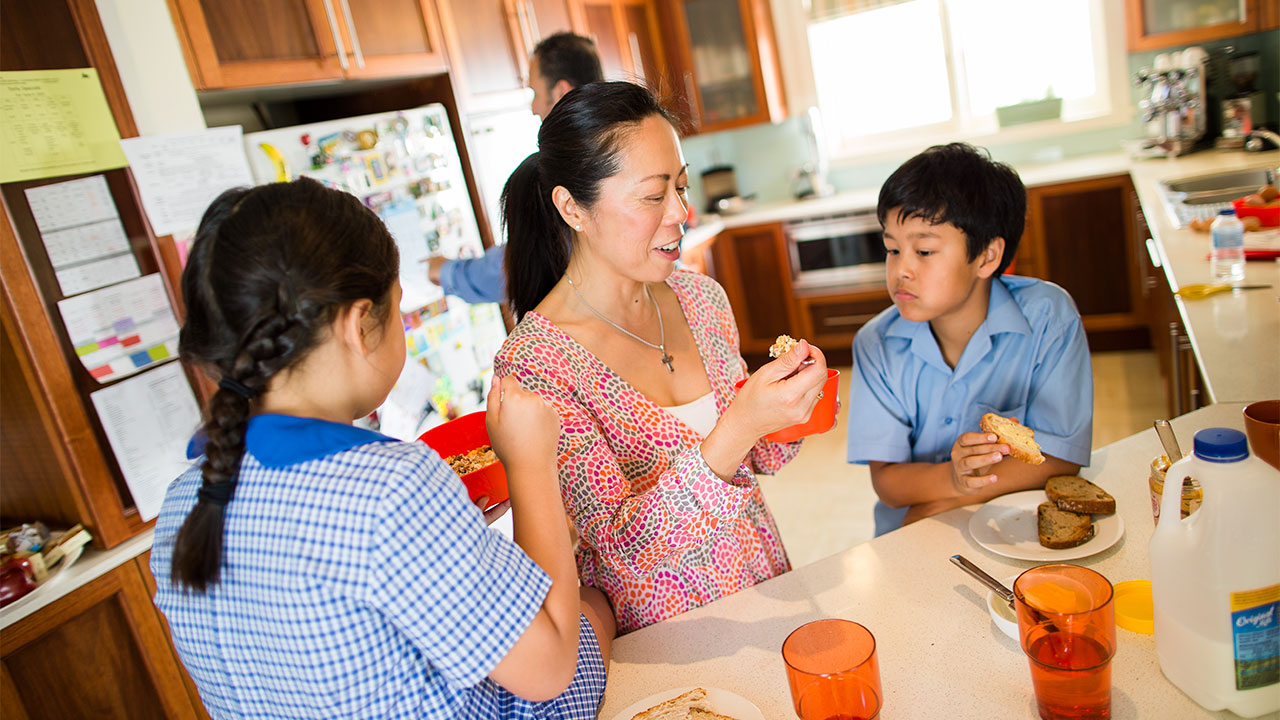
Transitions can be hard for many reasons. This could be a toddler in early interventions, a kindergarten student or an autistic child in an outpatient clinic. Parents, educators, and therapists will likely be asked about transitions.
Get ready for the reply and discuss it
It is common for us to be aware of transitions our children find difficult. We can predict the reaction and talk to the child about it. This could sound something like this: “It can sometimes be difficult to leave the park because you love it so much.
Play with the children
Children love to play. To inspire your children, take advantage of their passion for playing. You can make transitions more fun by pretending to fly from the playground to your next destination or singing a catchy song to clean up after you’re done.
Add an object of transition to
Children can hold a doll to help them relax and regulate when it is time for a change of gears. This can help calm, deepen, give proprioceptive input and provide emotional support. The transition item can be explained to children by them and they will signal to change gears.
Give them an excuse to anticipate it
Transitions can be difficult for children because they must stop participating in fun activities and not understand what is next. We can help children by giving them something to look forward to. This could look like: “To make dinner, we have to leave the park. I need your help to make the salad. I need help with the cucumber preparation and dressing mix. Are you able to assist me ?”







